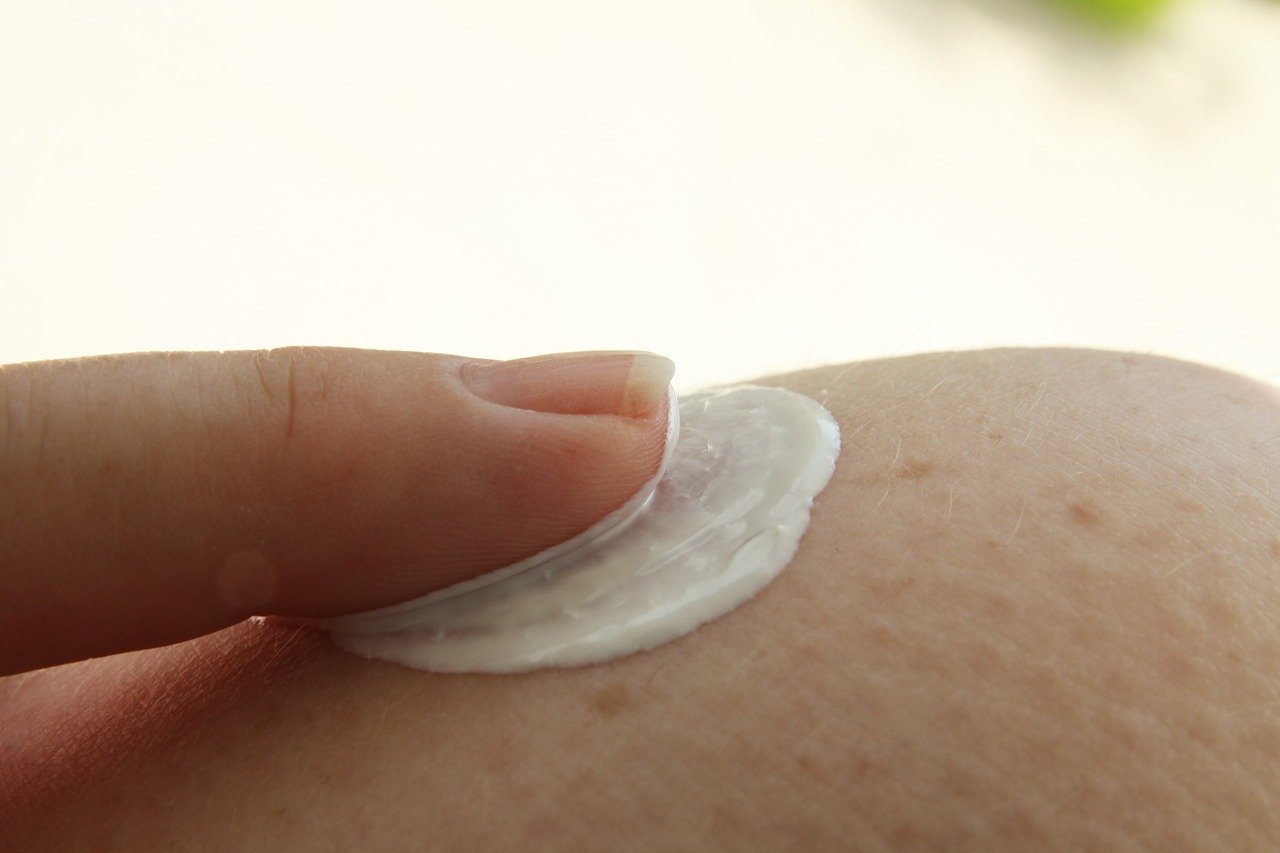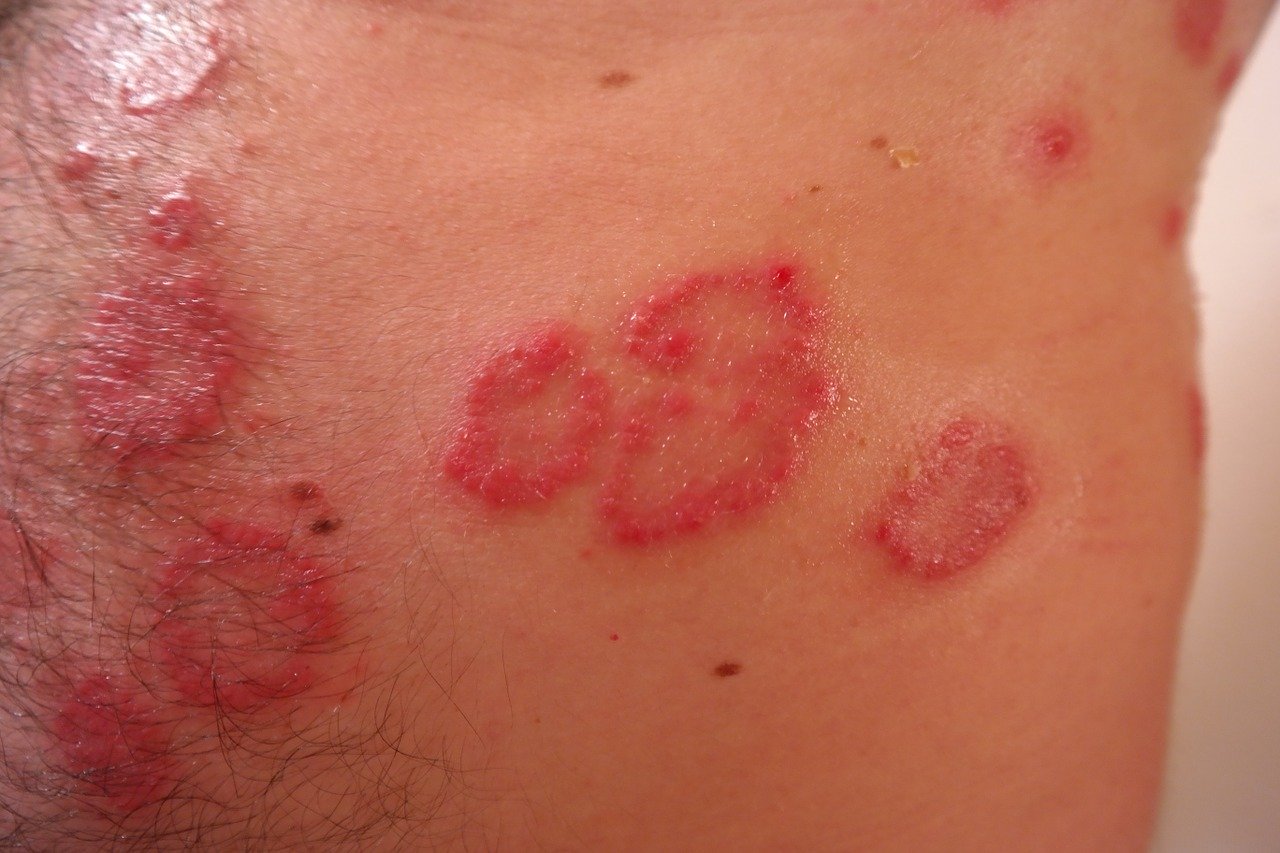In February 2019 researchers from Germany published the results of their study to assess the association between sleep duration and physical activity and overweight/obesity in German primary school children. A … Read more
Face-to-face interaction is required for young children to develop an understanding of emotions, with a greater amount of time spent watching television in girls and on gaming in boys leading to a reduced understanding of emotions
In September 2019 researchers from Norway published the results of their study to assess the association between screen usage and a child’s understanding of emotion. (Emotion understanding is generally defined … Read more
A greater adherence to the Alternative Healthy Eating Index-2010 may decrease the risk of developing hepatocellular carcinoma
In August 2019 researchers from China, USA and Singapore published the results of their study to assess the role of three dietary patterns in the development of hepatocellular carcinoma, namely … Read more
Current research findings are inconsistent as some studies show no significant association between either dietary Glycemic Index or glycemic load on risk of depression, whilst other studies show that a higher Glycemic Index or glycemic load increases the risk of depression
In August 2019 researchers from Iran published their review of the medical scientific literature to assess the association between dietary Glycemic Index, glycemic load and depression. A total of 11 … Read more
Aerobic exercise appears to significantly improve executive functioning (eg the ability to pay focused attention to and to listen, to start, plan or complete tasks or even switch among tasks) in adults at risk for cognitive decline
In January 2019 researchers from the USA published the results of their study to assess the effect of aerobic exercise and the Dietary Approaches to Stop Hypertension (DASH) diet on … Read more
Night time media use may contribute to sleep problems and symptoms of anxiety and depression in adolescents with attention deficit/hyperactivity disorder
In November 2018 researchers from the USA published the results of their study to assess the association between night time media use and sleep problems and internalizing symptoms (ie depression, … Read more
Sleep and dietary patterns, technology and internet usage, perinatal factors, breastfeeding, birth delivery mode and exercise all appear to have an effect on the amount of impulsive behaviour seen in children and adolescents with attention deficit/hyperactivity disorder
In September 2019 researchers from Spain published the results of their study to assess the association between weight, birth attributes, exercise and sleep habits, dietary intake and impulsive behaviour in … Read more
A short sleep duration appears to be associated with an increased risk of an emotional disorder (anxiety and depression) in both boys and girls and with a behavioural disorder (defiance, inappropriate conduct, and attention-deficit/hyperactivity) in boys only
In December 2019 researchers from Norway published the results of their study to assess the association between sleep duration and symptoms of emotional and behavioral disorders in children. A total … Read more
Drinking one glass of wine per day is associated with a reduced incidence of chronic kidney disease and cardiovascular disease as well as a reduced risk of cardiovascular disease in those with chronic kidney disease
In November 2018 researchers from the USA published the results of their study to assess the association between wine consumption and the incidence of chronic kidney disease and cardiovascular disease. … Read more
Greater technology use appears to be associated with more sleep-wake problems and less time in bed in all adolescents, but the association between the amount of technology usage and teacher-rated daytime sleepiness only appears to be seen in adolescents with attention deficit/hyperactivity disorder
In June 2019 researchers from the USA published the results of their study to assess the differences in types and amount of technology used by adolescents and its association with … Read more
Scientists, public health practitioners and parents need to better understand the content of their child’s screen time, how they use screens to fulfill specific needs, and how their interaction with screens has an impact on their health and choices
In May 2020 researchers from the USA published their review on the association of extended television viewing with obesity in adolescents. The researchers stated that on a global basis, adolescent … Read more
Scientists, public health practitioners and parents need to better understand the content of their child’s screen time, how they use screens to fulfill specific needs, and how their interaction with screens has an impact on their health and choices
In May 2020 researchers from the USA published their review on the association of extended television viewing with obesity in adolescents. The researchers stated that on a global basis, adolescent … Read more
A life filled with worthwhile activities may promote well-being and healthy aging in the older individual
In January 2019 researchers from the UK published the results of their study to assess the wider implications of feeling that the things undertaken in one’s life are worthwhile. A … Read more
Moderate wine intake, especially red wine, at 1-2 glasses per day as part of the Mediterranean diet, appears to be associated with disease prevention and an improvement in disease prognosis
In August 2018 researchers from Greece published their review of the medical scientific literature to assess the association between moderate wine consumption and health. The researchers stated that moderate wine … Read more
Newer electronic devices, carpeted floors and more frequent vacuuming and dusting appear to be associated with lower levels of flame retardant chemicals found in house dust
In December 2018 researchers from The Netherlands published the results of their study to identify factors in the home environment that are associated with levels of fire retardant chemicals in … Read more
A comparison between targeted (based on urinary levels) and fixed concentrations of iodine supplementation in pregnant women showed that both were equally effective at preventing iodine deficiency although targeted supplementation was better in avoiding over supplementation
In March 2020 researchers from Thailand published the results of their study to assess the use of iodine supplementation in pregnancy A total of 208 pregnant women were involved in … Read more
Research suggests that currently available probiotic strains in supplements probably make little or no difference in improving eczema symptoms
In November 2018 researchers from the UK published their review of the medical scientific literature to assess the effect of probiotics in the treatment of eczema. A total of 39 … Read more
Environmental factors as well as the gut microbiota may strongly influence the development of psoriasis and its progression
In March 2020 researchers from Italy, USA and Serbia published their review on the interactions between the skin, microbiome, gut microbiota and psoriasis. The researchers stated that psoriasis is alternatively … Read more
A greater adherence to the Okinawan dietary pattern appears to be significantly associated with a reduced incidence of ischaemic heart disease
In February 2020 researchers from China and Australia published the results of their study to assess the association between the Australian Dietary Guidelines 2013, Mediterranean-DASH diet Intervention for Neurodegenerative Delay … Read more
Diets, such as the MIND diet, which contain phenolic compounds, omega-3 fatty acids, fat-soluble vitamins, isothiocyanates, and carotenoids may reduce the risk of Alzheimer’s disease
In March 2020 researchers from Poland published their review on the role of certain bioactive compounds that appear to be effective in preventing neurodegeneration. The researchers stated that neurodegeneration is … Read more




















